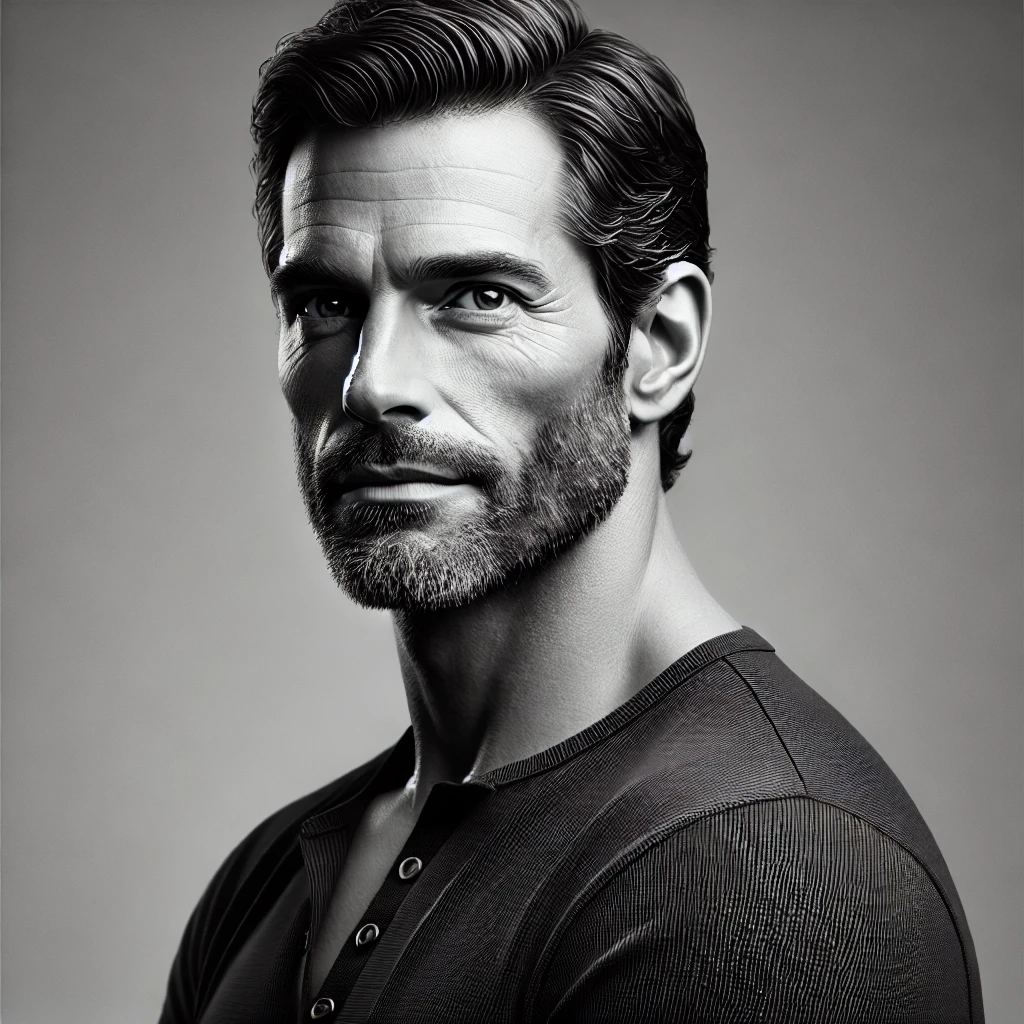“It is not what happens to you, but how you react to it that matters.” — Epictetus
Growing up without a father is a defining experience, one that leaves many men feeling unmoored, unsure of how to navigate the complexities of life and manhood.
It’s a painful reality, one that I know personally. My father left when I was young, and for years I felt like I was trying to figure out manhood without a compass.
Without someone to model behavior, guide decisions, or show strength, the journey to becoming a man is often fraught with confusion and frustration.
But here’s the truth: while you may not have had a father to show you the way, you have the power to create your own path.
This series is about taking control of your life, forging your own masculinity, and becoming the man you’ve always wanted to be.
You are not defined by what you lacked—you are defined by how you respond to life’s challenges. This is your roadmap to manhood.

The Fatherless Challenge
The absence of a father creates a void that many men spend their entire lives trying to fill.
Fatherless boys often lack guidance on the most basic elements of life—how to handle emotions, how to build relationships, how to take responsibility for themselves.
Without a father to model these behaviors, fatherless men often feel like they’re navigating life without a map.
Many of us turn to other sources to try to fill that void—friends, media, or even unhealthy behaviors.
Some of us look for validation in all the wrong places, engaging in destructive habits or relationships, hoping that someone or something will fill the gap left by an absent father.
For others, there’s an ongoing sense of inadequacy, a feeling that no matter how much we achieve, we’re not “enough.”
This challenge is particularly sharp when it comes to developing a sense of self-worth. Without a father’s approval or guidance, it’s easy to fall into the trap of self-doubt.
Questions like “Am I good enough?” or “Am I doing this right?” linger in the background of everything you do. But the truth is, these doubts can be overcome.
While the journey may be different for fatherless men, it’s a journey that leads to immense strength and resilience.
The Cost of the Fatherless Struggle
Fatherless men are often more susceptible to feelings of anger, frustration, and sadness. Without a father to guide you through tough times, you’re left to figure it out on your own.
This can result in unhealthy coping mechanisms, from shutting down emotionally to lashing out. You may struggle with authority, relationships, or even your sense of identity.
It’s easy to feel like you’re constantly playing catch-up, trying to figure out what it means to be a man without the foundation that a father would have provided.
But this struggle is also what makes you unique. Overcoming the challenges of being fatherless builds strength in ways that those who grew up with fathers might never understand.
It forces you to rely on yourself, to develop resilience and adaptability. You learn to be resourceful, to find mentors and role models, and to take ownership of your life in a way that’s deeply empowering.

Why Understanding Masculinity is Critical
Masculinity is more than a cultural concept—it’s the foundation upon which many men build their lives.
For fatherless men, understanding masculinity is not only essential for self-development but for survival. Without understanding what it means to be a man, you’re left adrift, reacting to life instead of shaping it.
Masculinity gives you the framework to approach challenges with confidence, face adversity with strength, and lead yourself and others with clarity.
Many fatherless men struggle with what it means to be masculine. Society often pushes conflicting messages: be strong, but be sensitive; be a leader, but don’t dominate; be tough, but don’t be too stoic.
Without a father to help decode these messages, it’s easy to feel lost. But the truth is that masculinity isn’t about fitting into someone else’s definition—it’s about finding your own.
Redefining Masculinity for Yourself
Fatherless men have the unique opportunity to redefine masculinity on their own terms. While men who grew up with fathers may have inherited certain traits or behaviors, fatherless men are tasked with creating their own version of what it means to be a man.
This is both a challenge and a gift. You have the freedom to build your masculinity from the ground up, without the baggage of outdated expectations.
Masculinity isn’t about dominance or control—it’s about responsibility, emotional resilience, and leadership. It’s about taking ownership of your life, handling your emotions with strength, and being a protector and provider for those you care about.
True masculinity is about balance: being strong when strength is needed, being compassionate when compassion is called for, and always striving to improve.

Defining Masculinity Without a Role Model
For many men, a father serves as the first model of masculinity. He shows you how to behave, how to handle adversity, and how to interact with the world.
But for fatherless men, that model is absent, leaving you to figure it out on your own. This can be both disorienting and empowering.
Without a father’s influence, you have the opportunity to create your own version of masculinity—one that’s rooted in your values, your experiences, and your goals.
However, defining masculinity without a role model can also lead to confusion. Without a father’s guidance, it’s easy to pick up unhealthy habits or beliefs about what it means to be a man.
Some men fall into the trap of thinking masculinity is about toughness or aggression, while others believe that masculinity requires emotional suppression or detachment.
These misconceptions can be harmful, leading to toxic behaviors and damaged relationships.
Creating Your Own Definition
The key to defining masculinity without a father is to focus on the traits that truly matter: responsibility, emotional control, and discipline.
These are the traits that make a man, not aggression or dominance. Masculinity is about being in control of your life, your emotions, and your direction.
It’s about being a leader in your own life, regardless of what others think or expect.
This means taking responsibility for your actions, owning your mistakes, and learning from them.
It means being emotionally resilient, able to handle the ups and downs of life without being thrown off course. And it means building discipline—whether it’s in your career, your relationships, or your physical health.

Building Your Own Masculinity
Without a father to model masculinity, you’re left to create your own. This can feel like a daunting task, but it’s also an opportunity.
You get to decide what kind of man you want to be. You get to build yourself, piece by piece, into the man you’ve always wanted to become.
The first step in building your own masculinity is taking responsibility for your life. This means letting go of any resentment or anger you may feel toward your father.
It means accepting that while your father may not have been there for you, you have the power to shape your own future.
No one else is responsible for your success or your happiness—it’s entirely in your hands.
Action Steps for Building Masculinity
Start by setting clear goals for yourself. What kind of man do you want to be? What traits do you admire in others, and how can you cultivate those traits in yourself?
Whether it’s discipline, integrity, or emotional strength, identify the qualities that define the man you want to become and make a plan to develop those qualities.
Next, build habits that reflect the kind of man you want to be. If you admire discipline, start by creating a routine that forces you to practice discipline every day—whether it’s in your physical fitness, your work, or your relationships.
If you want to be emotionally strong, start by learning how to process your emotions in healthy ways—whether it’s through journaling, meditation, or talking to a trusted friend or mentor.
Masculinity isn’t something you’re born with—it’s something you build. And the process of building it will shape you into a stronger, more resilient man.

Emotional Strength and Resilience
One of the most important aspects of masculinity is emotional strength. Emotional strength doesn’t mean suppressing your emotions or pretending they don’t exist—it means learning how to handle them in a healthy, constructive way.
For fatherless men, this is especially important. Without a father to model emotional resilience, many of us grow up struggling with anger, frustration, or sadness.
Emotional strength is about learning how to stay calm and in control, even when life gets tough.
It’s about acknowledging your emotions, processing them, and using them to fuel your growth. This is a skill that takes time to develop, but it’s essential for becoming a strong man.
Building Emotional Resilience
The first step in building emotional resilience is learning how to process your emotions in healthy ways.
This might mean journaling your thoughts and feelings, meditating to clear your mind, or talking to a trusted friend or mentor about what’s going on in your life.
The key is to avoid letting your emotions control you—instead, learn to control them.
One of the most powerful tools for building emotional resilience is Stoicism. The Stoic philosophy teaches us to focus only on what we can control and to accept what we cannot.
By embracing this mindset, you can learn to navigate life’s challenges with calm and composure. Instead of reacting impulsively to difficult situations, you can pause, reflect, and choose the best course of action.

The Role of Mentorship
While you may not have grown up with a father, that doesn’t mean you have to go through life without guidance.
Finding mentors is one of the most powerful ways to accelerate your growth as a man. A mentor can provide you with the guidance, support, and insight you didn’t get from your father.
Whether it’s in your career, your personal life, or your mental and physical well-being, having a mentor can make all the difference.
Look Ahead: Your Journey to Manhood Continues
This is just the beginning of your journey to becoming a man without a father. In the next post, we’ll dive into the concept of Masculine Frame—what it is, why it’s critical for your growth, and how you can begin building it for yourself.
Masculine Frame is the foundation of everything we’ll discuss in this series. It’s about emotional control, mental stability, and developing the internal strength to navigate life’s challenges without being swayed by outside influences.
By mastering your masculine frame, you’ll have the solid foundation you need to build yourself into the man you want to become.


